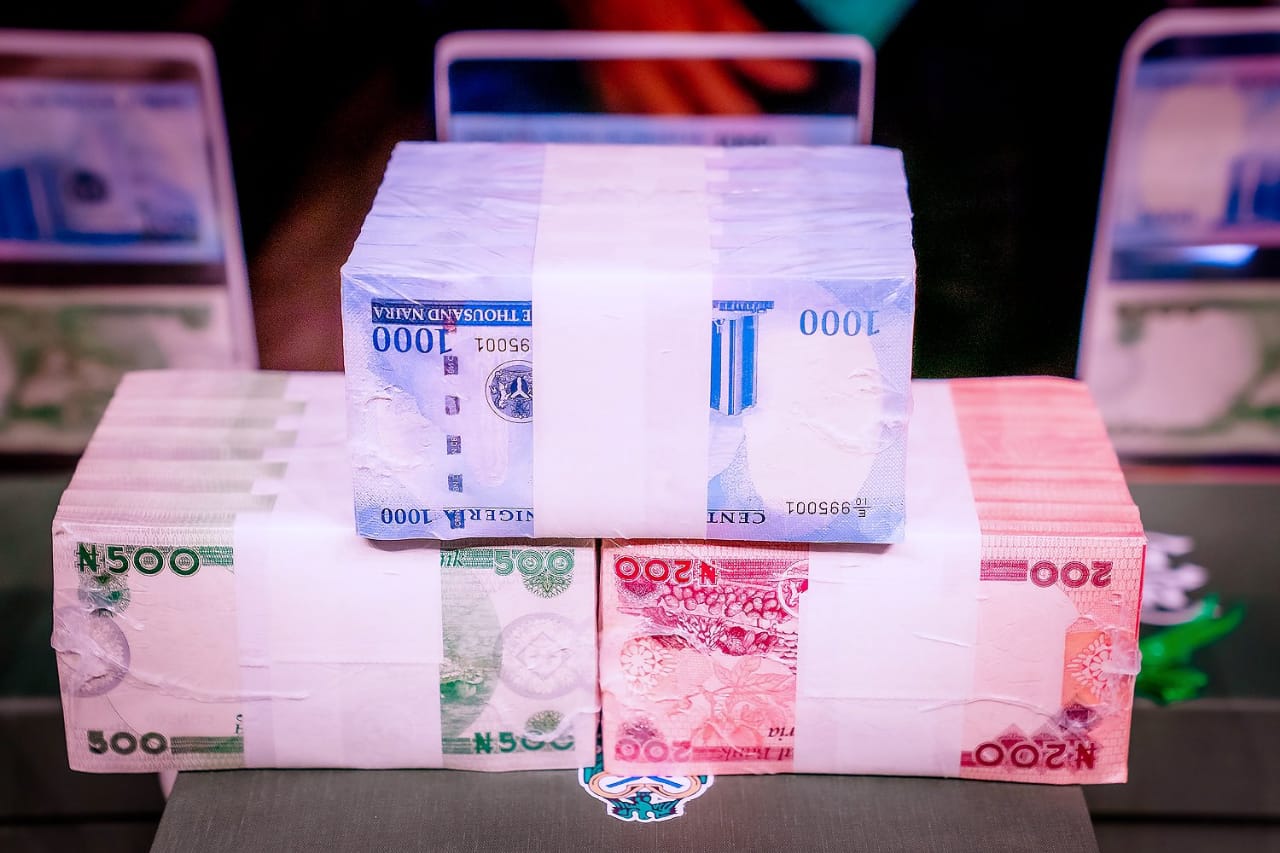Iniquities of naira policy spinners
The mess of the naira redesign policy choice is frightening. Its poor management has implications for socioeconomic dislocation and political disequilibrium. Without urgent intervention, it could become a point of convergence for pent up anger, with dire consequences for national peace and tranquillity. A country of impunity and immunity invariably becomes a country of iniquity. […]

The mess of the naira redesign policy choice is frightening. Its poor management has implications for socioeconomic dislocation and political disequilibrium. Without urgent intervention, it could become a point of convergence for pent up anger, with dire consequences for national peace and tranquillity. A country of impunity and immunity invariably becomes a country of iniquity. Such a country neither has a future with justice nor destiny with tranquillity.
Today, the apex court and the apex bank are locked in supremacy battle, leaving citizens stranded in a valley of confusion. Could this be the validation of the Yoruba dicta, olowo sohun gbogbo tan as people are kowtowing to the order of the Apex Bank in defiance of that of the Supreme Court? In Nigeria, money has always defeated common sense, sabotaged law and suppressed justice. The reality of the thoughtless, lawless and unjust society we have created, enabled and oiled has busted in our faces with dire consequences.
The tragic failure of the Central Bank of Nigeria’s monetary policy and currency redesign governance arose from the parochial thought behind it. Let me immediately burst the bubble for those who thought it would checkmate vote buying. It would not. It would rather enable it. The policy has further impoverished people and came with the capacity for weaponization of poverty. In the midst of the scarcity, the naira is being lionized even though its intrinsic value is nothing to write home about. With its inaccessibility, N200 now looks like N5000 in the eyes of cash starved Nigerians, some who are voters. The implications of this is that where the corrupt politicians were buying votes with N5000 before, they might just need a paltry N200 to achieve same purpose because more people are now excruciatingly impoverished and desperately in need of any cash, even if it is from the devil.
Get it right; this policy will not stop the Obis, the Atikus and the Tinubus of this world from having access to the large chunks of the new currency notes. What are their networks of state governments, banks, companies, societies and platforms there for? In any event, they own the banks, directly or by proxy.
However, it would stop the aged, the vulnerable population and the excluded persons in the society from accessing basic needs and care. It will increase the risks of violence. It will widen latitudes of threat and deepen depths of anger with exponential rise in acts of lawlessness, crimes and criminalities. It will challenge acts of charity, reduce support for the community of the needy and cripple the spirit of being brother and sister’s keepers.
If not for election and self preservation, these so-called political leaders and governors would have been saying in their characteristic manner that we should all support Buhari’s monetary policy because in the long run, it will benefit all. Their current crocodile tears and Greek sympathy is for themselves and not the people they have over the years taken as mere articles in their electoral trades.
Also, the political behaviour of the hungry and angry population may not translate to mobilization of anger to vote but to inhibit voting through negative expression of pent up anger directed at the system and structure that energized their suffering and compounded their anguish.
Another unintended consequence of the policy is the frightening incidents of Nigerians along the borders now using currencies of the contiguous states like Nigerien, Chadian and Beninoise currencies, among others, as means of exchange and transactions. This has implications for border security and in the long run for patriotism and nationalism.
With scarcity of naira in a country whose over 70 percent of her population is not in banking net, what happens to millions who are already poor? What happens to the sick that need medical care? What happens to pregnant women in a country with frightening data in maternal mortality? What happens to the poor living with disabilities? What happens to the unreached and the unreachable in the several ungoverned spaces that litter the country?
Of a fact, Nigeria has become a victim of mediocrity, and unless there is a sudden break of the chains to reset values and quality thoughts that drive policy formulation, governance, recalibrate structure and process, the country has neither capacity to regenerate itself nor ability to forge new order of civilization.
Gbenro Olajuyigbe is the Executive Director of Emergency & Risk Alert Initiative.
